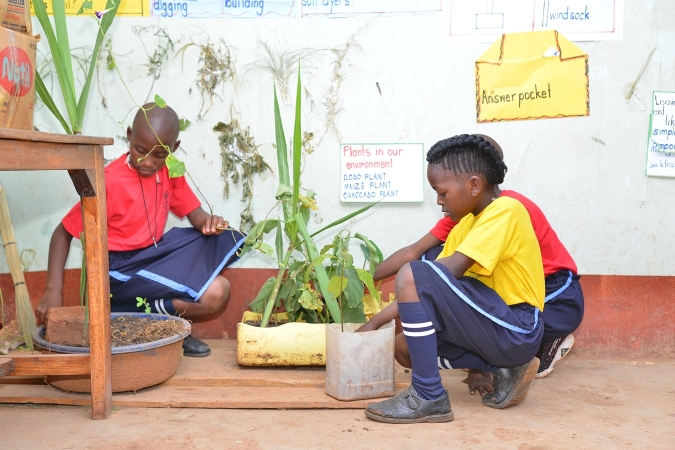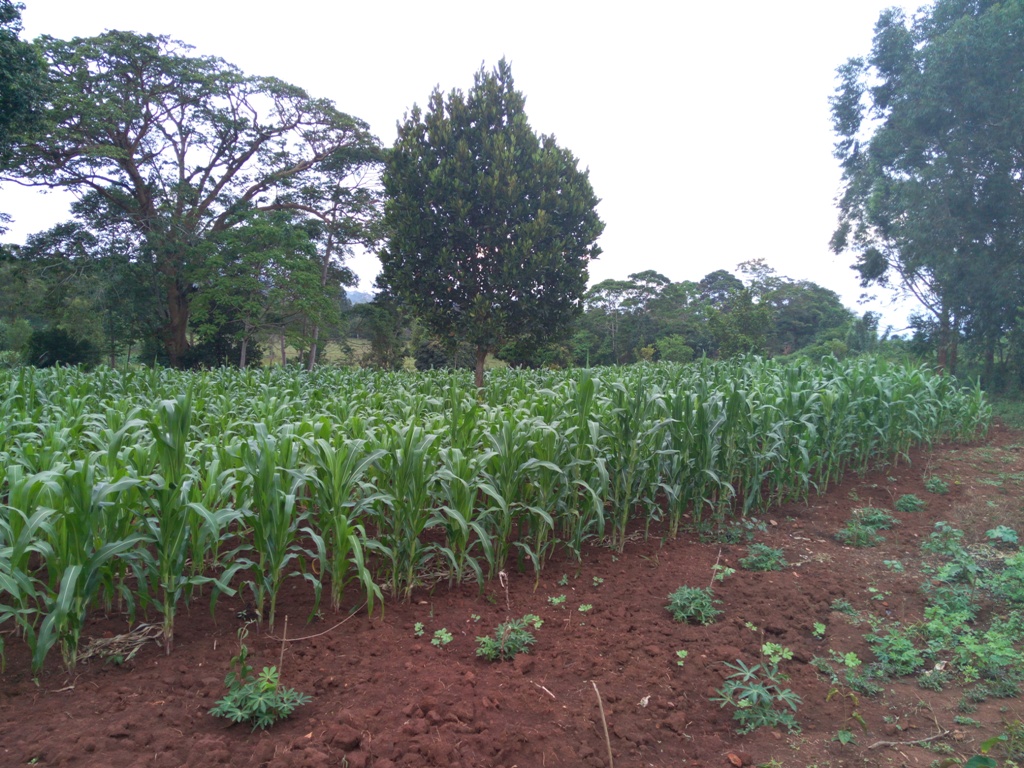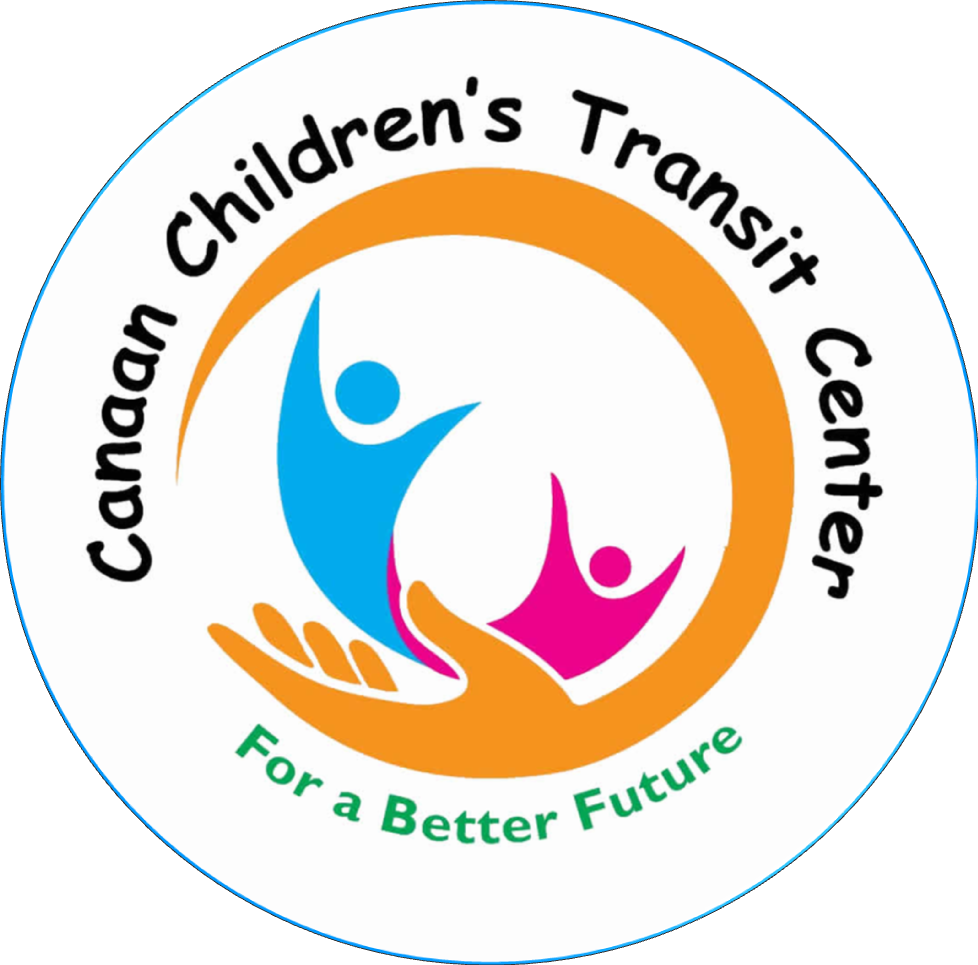
discovering and developing assets to deliver our future
Our work in Uganda is 100% locally operated, and we value intergenerational relationships in the communities we serve by listening to the expressed needs of our students, their households, and villages where they live. We invest in forming strong local partnerships and empower community leadership to generate solutions, take collective action, and improve livelihoods.
Why skills?
Nearly 90% of caregivers in our community have not previously participated in vocational training.
As this new generation ages into the workforce, they will enter into a heavily saturated and highly competitive employment landscape due to the rapid population growth and unmatched economic development of the country.
This value reflects gender inequalities across empowerment, economic activity, and reproductive health, emphasizing a need for women’s leadership and engagement. Within our own community, we see a need to prioritize the voices of women throughout our programs, ensuring that women are offered leadership roles in local development initiatives.
uganda has a gender inequality index value of 0.531, ranking the country 127 out of 162 countries.
69% of student households rely solely on subsistence farming or homegrown food.
In our community, the majority of farming takes place at a subsistence level leaving little room for profit. Our households often lack the resources and technology for advanced farming practices that would allow for expansion.
Our Programs
CENTER FOR SOCIAL ENTERPRISE (CSE)
This skills development and vocational training institute provides community members with free or subsidized courses in sewing, welding, construction, and agriculture. The CSE includes participants of all ages who are looking to diversify their skills and opportunities for income generation. Furthermore, it offers a unique learning environment, promoting passions and dreams through career and technical education.
COMMUNITY CENTER LEADERS
CCTC currently serves 12 villages. Throughout these villages leaders including, teachers, pastors, civic leaders, administrators, and social workers. these leaders play a vital role in our development initiatives. We value the full and equal participation of women, and we hope these leaders will create new opportunities for younger generations.
FARM TO FEED
Farm to Feed is designed with the intention to educate and equip the population we serve with the skills to participate in small-scale farming and agribusiness. In addition, caregivers within the RTRA network participate in nutrition education, seed distribution, community outreach events, livestock management, animal shelter building, and environmental protection. Together, caregivers and staff are working to strengthen community knowledge on the connections between food, nutrition, health, agriculture, and finance.

